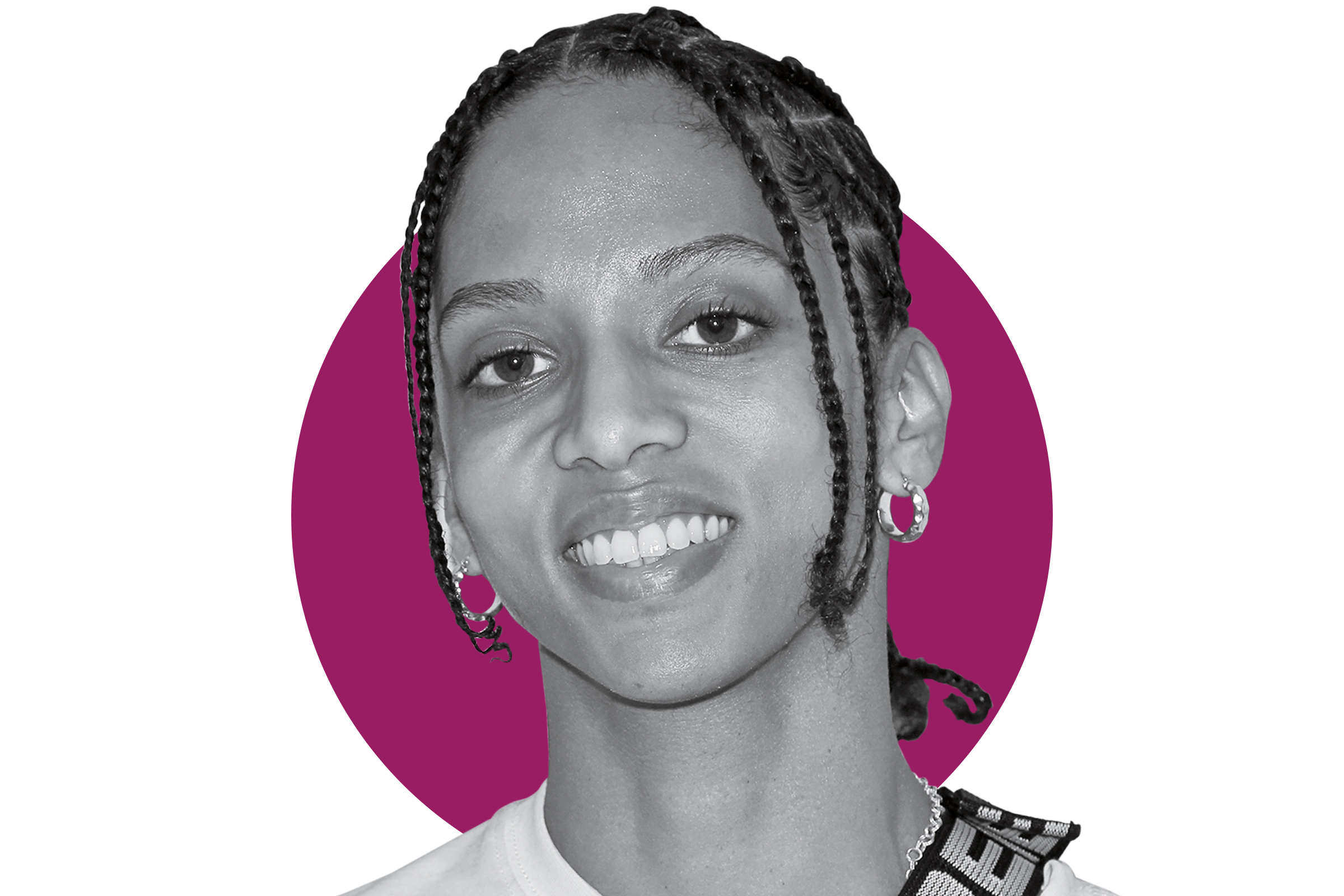
I used to think activism and organizing was something so specific. There’s this idea that you have to be noble or special to do this work. I definitely didn’t set out to become an activist.
One day in 2010, I walked into a boxing club with no additional thoughts about what it could imply or mean. It was full of queer and trans people, and women who were domestic-violence survivors. I had never been in a community like that before. I had no idea what to do with it.
But I knew boxing. So I’d go to any conference they invited me to with a smelly hockey bag full of old boxing gloves, teach people how to box and then go sit in and listen to the expertise of other people. It really gave me some of the tools to live in my own fullness, to embrace myself, my body. I realized that to accept the story I was born into would be to accept my own destruction.
Activism is about being alive: about fighting for life. Activism is being for someone else who you needed most in your most vulnerable moment. There’s something inherently spiritual and supernatural about what happens when we tie our fate to another person: we discover who we are in service to others.
There are some people who might think, “This is not my fight. I don’t have to do anything.” But not doing something makes them an agent of a society that creates moral apathy and a selfish bewilderment. When you cling to creature comforts, that comes at the expense of our mind and spirits. The true cost of complacency is the death of the soul.
I used to operate from a place of how to get people in. Now I realize our job is not to bring in one person but to make revolution irresistible. We’re building a belief system—a world outside the colonial imagination. Whiteness is built on exclusion, so Blackness must be built on something else.
It can be very threatening to see someone drop their chains and live in their fullness. That’s why pronouns are scary for people: you are shaking up what people have formerly taken as immutable truths. We think that we live in a society organized around these binaries. But if there isn’t just the gender of male and female, then maybe a lot of other things in society aren’t true either.
The idea of Afrofuturism is to create a world where our strength, our power, our dignity, our love is not informed by how much suffering we can endure. I know it sounds so far off. But when I think about that, I remember that somebody imagined shackles on Black wrists, and enough people believed it to make it true. Someone imagined borders; someone imagined police. We have to be the disrupters of truth in our lifetime.
And we aren’t going to get anywhere unless we stand arm in arm with the Black women, which includes Black trans women. There’s a reason why we struggle to fight for them: because in order to protect Black women and girls, we’d have to understand it is us they need protecting from. Black women and girls stand at the fulcrum of change or catastrophe.
The fear never leaves. But in organizing, like in boxing, you have to learn to become bigger than the fear that lives in you. The punches don’t hurt less—you just learn how to move with them. It’s about adapting; it’s about strategy. The first rule of boxing is to protect yourself at all times. I can’t think of a better teaching for organizing and activism and for living your full life.
Fear is something that society cultivates. It creates the conditions for an anxious and voiceless people. When we rise up and become bigger than the fear that lives in us, I think anything is possible. Today I am grateful that we don’t need a singular champion anymore. So many of us are in the ring; so many of us are putting on our gloves and training each other up.
I want to remind people of a time when you were younger, when you used to think you could do anything. After that, everything in society taught us to shrink. But it is not yet too late to be the person you thought you could be. If we’re going to find out what we’re really made of, we have to let go of the scripts we’re born into. There’s no other reason for us to be in the world than to live remarkable lives. And we become remarkable when we fight for freedom, justice and liberation.
More Must-Reads from TIME
- Donald Trump Is TIME's 2024 Person of the Year
- Why We Chose Trump as Person of the Year
- Is Intermittent Fasting Good or Bad for You?
- The 100 Must-Read Books of 2024
- The 20 Best Christmas TV Episodes
- Column: If Optimism Feels Ridiculous Now, Try Hope
- The Future of Climate Action Is Trade Policy
- Merle Bombardieri Is Helping People Make the Baby Decision
Contact us at letters@time.com